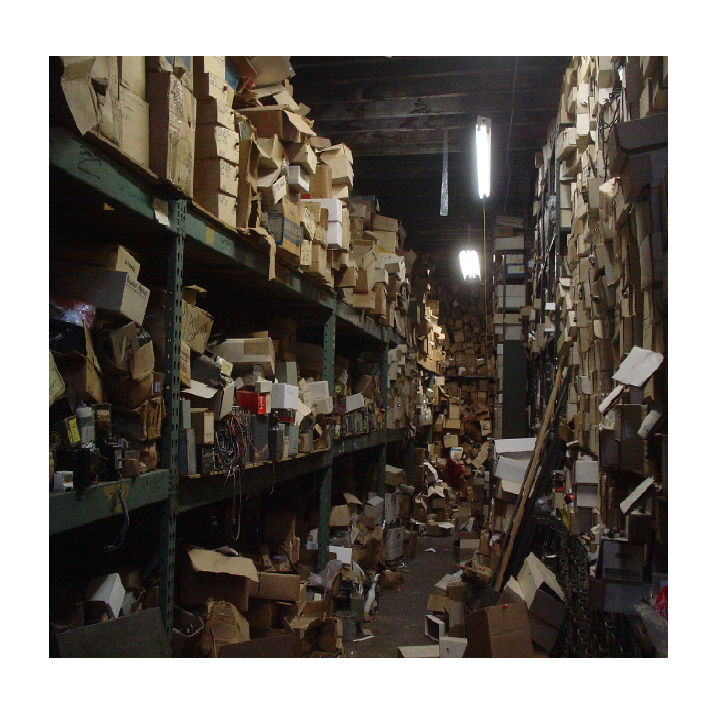Ministry of Housing and Local Government v Sharp [1970] 2 QB 223
Citation:Ministry of Housing and Local Government v Sharp [1970] 2 QB 223
Rule of thumb: What happens if the Government do not keep proper records? What if the land register do not properly enter into the land register property which has been purchased? They can be sued for any damages caused – it is a fundamental duty to keep proper records.
Background facts:
Parties argued:
Judgment:
This case confirmed that the duty to keep proper records extends across all parts of the administration. The facts of this case were that the land registrar was instructed to carry out a search for charges on land. This was not done properly and a charge was not declared. It was held that where property registrars do not carry out their registration and search duties properly they are liable for any losses caused by this, ‘The Liability of the Registrar: According to the rules, the "proper officer" to act as registrar. The object of the register is to provide security for two classes of people, incumbrancers and purchasers. (1) Incumbrancers. By requiring his charge to be entered on the register, an incumbrancer is entitled to regard it as safe, not only against the owner of the land, but also against any purchaser from him. If it is not entered on the register, he loses his charge: for it is then of no effect against a purchaser, even though the purchaser had full knowledge of it: see section 13 of the Land Charges Act 1925, and section 199 of the Law of Property Act 1925. (2) Purchasers. By requiring a search, a purchaser is entitled to know exactly what charges incumber the land, and to adjust his price accordingly. If the registrar issues an official certificate, showing the land to be clear of any charge, that is conclusive in favour of the purchaser: see section 17 (3) of the Land Charges Act 1925... Suppose, now, that a clerk in the registry makes a mistake. He omits to enter a charge: or wrongly gives a clear certificate: with the result that the incumbrancer loses the benefit of it. Who is to suffer for the mistake? Is the incumbrancer to bear the loss without any recourse against anyone? Surely not. The very object of the registration system is to secure him against loss. The system breaks down utterly if he is left to bear the loss himself. Who, then, is to bear the loss? The negligent clerk can, of course, be made to bear it, if he can be found and is worth the money - which is unlikely. Apart from the clerk himself, there is only one person in law who can be made responsible. It is the registrar. He must answer for the mistakes of the clerk and make compensation for the loss. He is a public officer and comes within the settled principle of English law that, when an official duty is laid on a public officer, by statute or by common law, then he is personally responsible for seeing that the duty is carried out. He may, and often does, get a clerk or minor official, to do the duty for him, but, if so, he is answerable for the transgression of the subordinate ... After those cases there were several statutes which put upon the chief clerks of the courts the duty of keeping registers of judgments, is pendens, and so forth; but did not provide for mistakes. I have no doubt that, in case an entry was omitted, the chief clerk would be liable to compensate anyone who suffered by the mistake.... I have no doubt that the clerk is liable. He was under a duty at common law to use due care. That was a duty which he owed to any person - incumbrancer or purchaser - whom he knew, or ought to have known, might be injured if he made a mistake’, Lord Denning

Warning: This is not professional legal advice. This is not professional legal education advice. Please obtain professional guidance before embarking on any legal course of action. This is just an interpretation of a Judgment by persons of legal insight & varying levels of legal specialism, experience & expertise. Please read the Judgment yourself and form your own interpretation of it with professional assistance.

